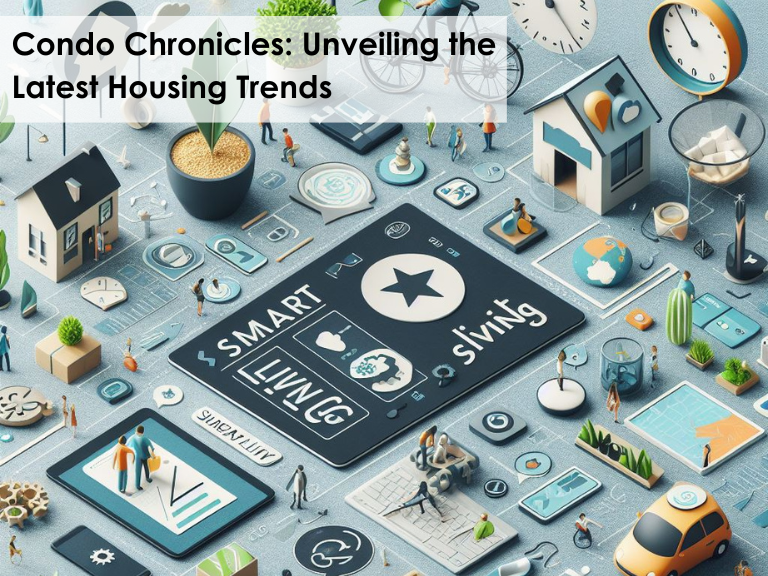Should I Rent or Buy?
BY Reilly Beesley/March 22, 2023
Are you debating between renting and homeownership? Asking yourself “Should I stay, or should I go?” You are not alone. There comes a time for a lot of people where they need to decide if it makes sense for them to rent or to purchase a home.
How do you know if it’s time to purchase a home, or if it’s in your best interest to keep renting? A quick search on the internet and you’ll find lists and steps to take and telling you whether it’s best for you to rent or buy. We’ve narrowed down to the basics to help you gain clarity around your current situation and what will benefit you and your needs/lifestyle.
Should you rent or buy? Gain clarity, and start by asking these four questions:
Where do I see myself in 5-7 years?
Start by asking yourself where you see your future self. Specifically, do you plan on staying in the same city. If you’re hoping to move in the next few years, it may make more sense to utilize the flexibility renting offers. Now if you know that you don’t plan on moving cities in the next five years or so, then it may make more sense to consider buying your own place. It’s easy to get in the thought process that just because you can buy, you should buy. When in reality it might not actually make the most sense based on the future you envision. Generally speaking, if looking to buy, you should be planning on staying in that home for at least 5-7 years. When deciding whether to rent or to buy, take inventory of where you are currently but also where you see yourself within the next 5-7 years. This is important information to have to move forward in your decision making process.
Can I afford to buy?
Get clear if you can currently put down a 5-20% down payment? While both renting and buying come with monthly expenses, homeownership, as opposed to renting, comes with paying a large sum of money upfront. If buying a home is something you’re hoping for, ensuring you’re financially ready with that down payment is key. Along with the down payment you’ll need to be prepared for varying monthly costs. With buying a home you can typically expect more to come out of your pocket each month. Despite potentially paying more upfront and in monthly expenses, in the end that money you’re putting in the home is an investment and is building you equity.
Here are some things you’ll need to consider in the budget when it comes to buying vs renting:
Buying:
- 5-20% down payment + closing costs (upfront costs)
- Monthly mortgage fees
- Yearly property taxes
- Homeowner’s insurance
- Home and property maintenance
Renting:
- First and last month rent (upfront costs)
- Monthly rent
- Renter’s insurance
What is my financial situation?
Not only do you need to ask yourself if you can afford a down payment and monthly bills, but you’ll also want to consider what your finances as a whole look like (aka, your credit score, and your debt). Paying off high-interest loans before purchasing a home may be in your favour to best position yourself to a) save a down payment and b) take on a monthly mortgage. Prioritize paying off high-interest debt over low-interest debt. Having little to no debt will also lower your debt-to-income ratio and make you more attractive on your mortgage application. This will also help with your credit score rating. Again positioning yourself in a more attractive light for a home loan.
Have I considered the advantages of both buying and renting?
Know that there are advantages to both buying and renting and one isn’t necessarily better than the other. Getting clear on what you’re looking for and what will work with your unique situation will help you make the best decision for you.
Advantages of buying:
- Stability and security
- Freedom to do what you want with the place
- Future investment and build equity
- More privacy/personal space
- No rules/building policies to follow (ex. Pets, visitors, parking etc.)
- Tax benefits
Advantages of renting:
- Less money upfront/no need for down payment
- Predictable monthly costs
- Flexibility/less of a commitment
- Not responsible for maintenance or repairs
- Typically, lower utility bills
- Less risk or personal concern about property value or moving
When it comes to renting vs buying there is no one answer fits all. Everyone has their unique circumstances, preferences, and needs. With that knowledge and the questions above, discern which option is the best for you.
Still have questions? Reach out to one of our Condo Pros.





